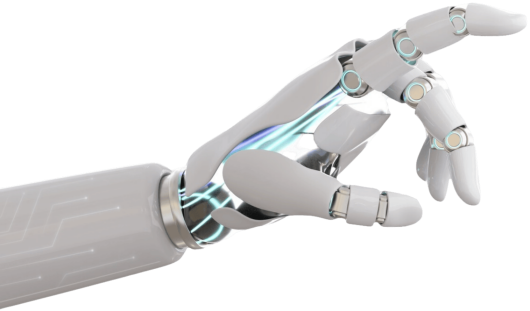
The design of the proposed algorithm relies on three basic ideas: (1) finding a model-based controller so that for any stable process of proportional type, the closed-loop controller output to a step reference has a step shape (or close to this form) and removes the steady-state error; (2) refining the controller structure so that the initial value of the controller output to a step reference is K times its final value, where K is a tuning parameter with standard value 1; (3) extending the controller structure to address integral processes and some unstable processes by turning them into stable compensated processes of proportional type. The overall controller is a series connection P-IMC of two systems: one of pure proportional type and another one of IMC type. There is a simple procedure to verify online if the model parameters (steady-state gain, time delay and transient time) have suitable values and to adjust them to improve the model. As the PID control algorithm, the proposed method is quasi-universal and practical, but it is superior by its control performance and the simplicity of the tuning procedure (which enables poorly trained workers to easily operate the control system). Also, it is more practical than the classical IMC algorithm because its equations have a unique form for all process types (as the PID algorithm), and has a control gain as tuning parameter instead of a filter time constant. Several applications are given to show the effectiveness of the algorithm for different types of process.
Practical and quasi-universal algorithm, Model based algorithm, Simple online tuning, Transient time, Time delay, Proportional process, Integral process, Unstable process, Compensated process.
Vasile CIRTOAJE, Alina BAIESU, "On a Model Based Practical Control Algorithm", Studies in Informatics and Control, ISSN 1220-1766, vol. 27(1), pp. 83-96, 2018. https://doi.org/10.24846/v27i1y201809